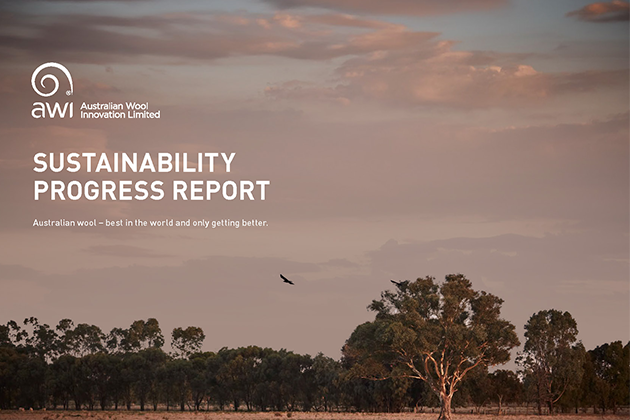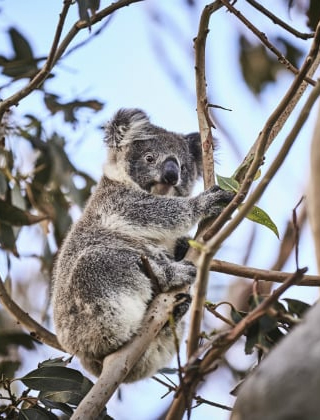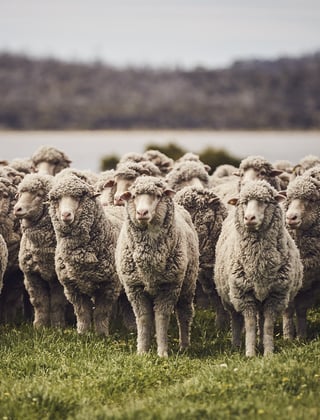Welcome to Australian Wool Innovation, a hub for the woolgrowers of Australia.
Not a woolgrower? Looking for information about wool products, wool care or wool processing?
The Woolmark Company is the global authority on wool. Visit Woolmark.com instead.
New industry report showcases the Australian wool industry’s investment in sustainability

AWI has issued a new report that shows sustainability has long been, and continues to be, at the forefront of the Australian wool industry’s practices.
The new Sustainability Progress Report provides an overview of some of the sustainability programs, initiatives and achievements of the Australian wool industry during the past 20 years.
These range from the Land, Water & Wool program (2002-07), which was the industry’s most significant R&D investment in natural resource management, through to present programs such as the current trialling of methane-mitigating feed supplements for grazing sheep.
Subtitled ‘Australian wool – best in the world and only getting better’, the report demonstrates how the industry is continuously building on insights from on-farm practices and research studies to achieve positive sustainability outcomes as well as maximise productivity.
AWI CEO John Roberts says Australian woolgrowers for generations have shown how the Australian rural landscape can be managed effectively while protecting the natural environment, supporting rural communities, and meeting the needs of increasingly environmentally-aware customers.
“This report demonstrates that good natural resource management is not new to Australian woolgrowers; it is something they have been doing for decades. Having a deep understanding of and connection with their farm’s natural resources and a strong commitment to animal wellbeing is fundamental to productive wool-growing – it’s directly linked to their livelihoods,” John said.
“Australian woolgrowers undertake initiatives to protect, preserve and improve the natural resources on their properties for future generations. Furthermore, Australian woolgrowers comply with a range of industry audits and Australian and state environmental regulations covering topics such as animal wellbeing, chemical use, biosecurity, land clearing, biodiversity, pest animal management and water allocations.”
Thanks to this ongoing commitment to the environment, assisted by future-proofing initiatives such as Woolmark+, the wool industry is well-placed to compete and thrive in a low-impact market.
“With governments, brands, and consumers all advocating for a nature positive future, there is now an opportunity for woolgrowers, and others in the value chain, to evidence and further develop their practices. This will drive forward a prosperous, responsible and nature positive Australian wool industry,” John said.
More information: Download the 40-page report from the AWI website at www.wool.com/sustainability
This article appeared in the September 2024 edition of AWI’s Beyond the Bale magazine. Reproduction of the article is encouraged.















